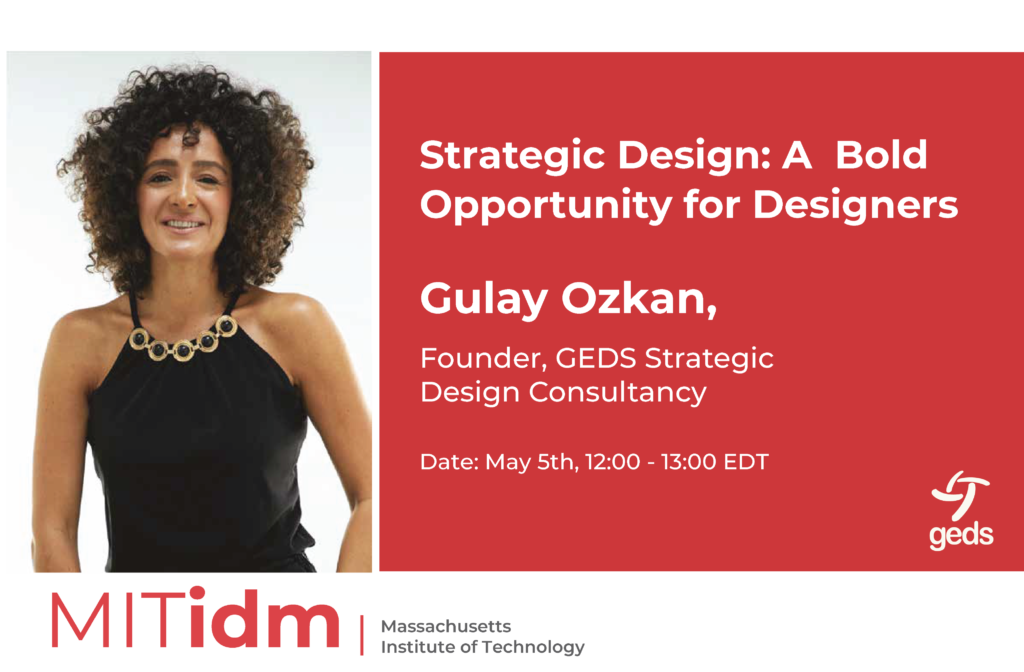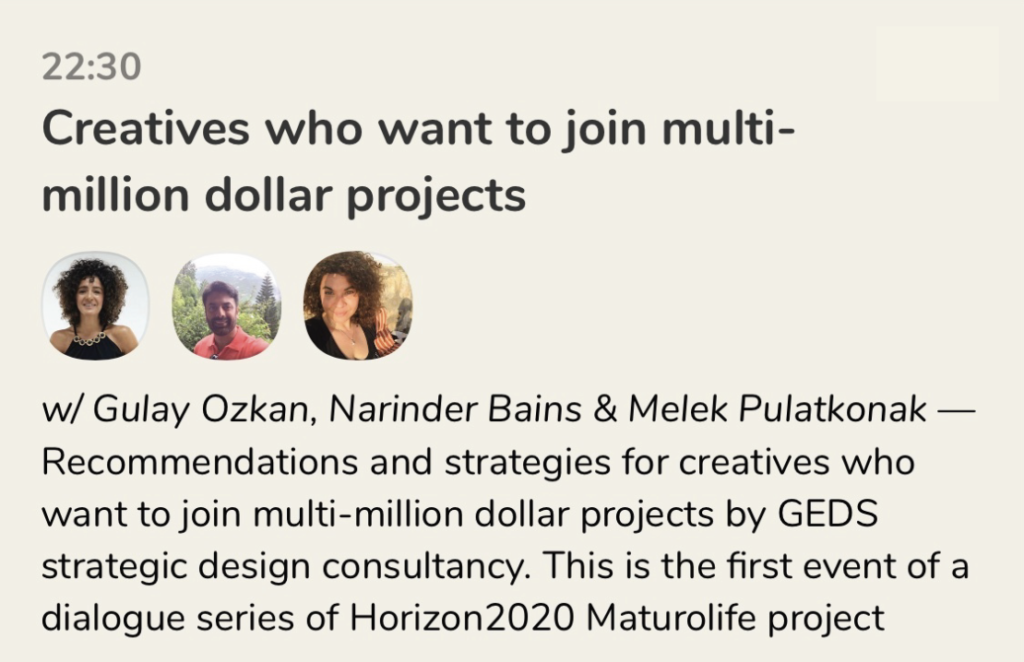Nowadays, smart-products are an integral part of our lives. However, how we define smartness in a product can radically change its development direction and user experience.
We got a lot of questions about how to define smartness and use smart textile in this context. For this, within the MATUROLUIFE Dialogue Series, we hosted MATUROLIFE Project Investigator Prof Andrew Cobley and Printed Electronics Limited (PEL) Co-founder Dr Neil Chilton to share their insights. The first event of MATUROLIFE Dialogue series was on Eventbrite on March 24th.
If you missed the webinar, you can watch it on our YouTube channel. The video discusses how smartness and smart textile innovation can be defined by following the award-winning MATUROLIFE case example.
In MATUROLIFE project, the goal is to put creative and artistic design at the heart of an innovative path to develop fashionable smart solutions (smart shoes, sofa and clothing) for seniors. The design coupled with advanced innovative materials provided high value, aesthetically pleasant, and functional products for Assistive Technology (AT). Assistive Technology’s purpose is to improve the quality of life, well-being and independence of older people.
As GEDS, we are the lead design company of MATUROLIFE project, where we were fully responsible for managing the design process for three products smart shoes, sofas and closing.
In this webinar, MATUROLIFE Project Investigator Prof Andrew Cobley and Printed Electronics Limited (PEL) Co-founder Dr Neil Chilton shared their insights on the following:
- Methods to make textiles ‘smart’ i.e. conductive
- MATUROLIFE smart textile process
- Smart textile uses cases
- Opportunity and possibilities of conductive textile
- Development of smart products

Speakers
Prof. Andrew Cobley began working in printed circuit board (PCB) manufacture in 1986 for British Aerospace Dynamics (Stevenage). Subsequently, in 1989, he joined Shipley Europe Ltd, where he installed PCB manufacturing processes at some of the largest electronic manufacturers in Europe. Andrew obtained his PhD from Loughborough University in 2002 and joined Coventry University in 2006, where he is now a Professor of Electrochemical Deposition and leader of the Functional Materials Research Group. During his academic career, he has led several externally funded projects, including the most recent MATUROLIFE project worth € 6 million, he has over 40 scientific publications and is an inventor with over 30 patents, and has presented at more than 50 International conferences. Prof. Cobley is a Chartered Chemist, Fellow of the Royal Society of Chemistry, and Fellow of the Institute of Circuit Technology.
Dr Neil Chilton has a PhD in Physics (Analysis of semiconductor materials). His early career took him to Japan, where he worked at the Advanced Technology Research Centre of Nippon Steel. After returning to the UK, he joined Europe’s then-largest PCB manufacturing facility in the North East of England. He remained there for more than 10 years participating in a management buyout and becoming Technical Sales Director.
In 2006, he co-founded Printed Electronics Limited (PEL) located originally in Cambridge UK, and latterly with its main site in the UK midlands. Neil leads the technical and business direction at PEL and also participates in many government and EU-funded programs. Neil is an active member of the Printed Electronics and wider electronics community and teaches industrial courses on digital material deposition and Printed Electronics.
To watch the video please click on a link
If you have questions or comments you can contact with us.




